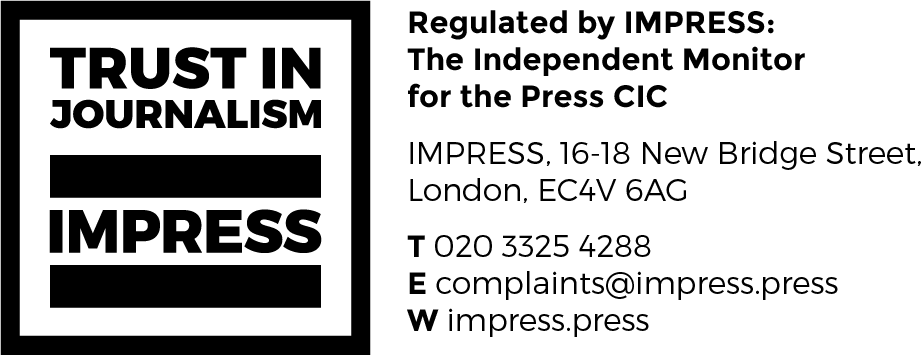‘You can only mandate change through education’

Education is the only way to help outsiders truly understand the business aviation industry, says Kevin Singh, president of Icarus Jet.
The Texas-based air charter specialist strongly believes business aviation users are changing their flying habits due to “fear of the optics”. He says fear and regulation will not provide an ultimate solution as private aviation users will sell their aircraft and charter instead to reduce the traceability of their flight taking.
“Aviation as whole is only responsible for 1.5% of all carbon emissions,” explains Singh (pictured below). “Why don’t we tackle the big issues? The biggest issue that we have is not the private jet industry causing carbon emissions. It is your landfills. If you look at the collection of trash when we recycle plastic in America, it’s not recycled. It goes to the same dump. But we feel like we are saving the environment by putting it in a separate plastic bag.”
There should be no shame in repositioning a CEO seven minutes further to save four hours of his time. He makes the point that two of the biggest polluting countries in the world — China and India — have less than 1,000 private jets between them. “Dallas Love Field has 95 aircraft, one small airfield. Private aviation is not the big polluter.”

Singh says the owner of French multinational LVMH has sold his aircraft recently and now charters instead. IBM just downsized its entire flight department. Whilst Allstate, 3M, VF Corp and SteelCase among others have closed flight departments down entirely.
“We are all masking and disguising our habits, but we are not solving the underlying problem. People need to understand the value of our industry and it is our job to educate them.”
The issue then for those who use their aircraft upwards of 300 hours per year is that it makes much more economic sense to own rather than charter, says Singh. “The cents and dollars won’t add up. You are spending so much it is better to go out there buy the product. Plus, in the US you will get the depreciation right off the bat.”
Private aircraft create hundreds of jobs that enable small airports to continue operations, according to Singh. This is how the model works in terms of creating employment at smaller aviation facilities in the US, because there is no subsidy from government and no interest from scheduled airlines.
“If you’re city needs a big factory but doesn’t have a small satellite airport, it is more than likely executives won’t even look there in the first place,” explains Singh. “Which can and does induce poverty. A private aircraft on the other hand allows executives to travel to an area and see its potential and then continue to travel there once they facility is setup. It is crucial we keep these small airports alive and business aviation does that.”








